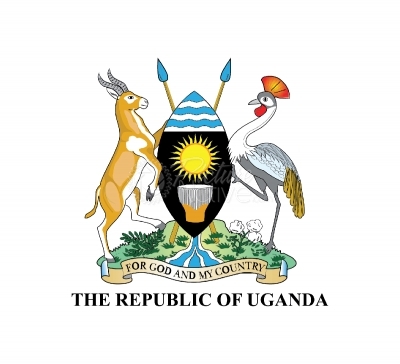11.1. Training for Staff
Supporting survivors of trafficking requires specialist knowledge and skills. Service providers in different occupations must be trained and qualified within their own profession but should also receive specialised training on supporting survivors of trafficking.
Training provision should include a combination of compulsory core training (required for all staff working with survivors), compulsory organisational training, and supplementary training relevant to particular areas or aspects of care. New members of staff should be required to complete core training before interacting with clients.
Training should be tailored to the knowledge, needs, and role of different members of staff. However, all members of staff—including support staff as well as those working directly with survivors—should receive foundational training. Specific forms of training that should be considered are outlined below, although this is not an exhaustive list.
Compulsory core training should include:
- Foundational training on trafficking in persons to build understanding of the nature and dynamics of trafficking, basic legal definitions and frameworks, forms of exploitation, survivors’ experiences, risks, and vulnerabilities.
- Trauma-informed care training on the fundamentals of trauma, nature and dynamics of trauma, trauma symptoms, responding to trauma, and integrating a trauma-informed approach in service provision.
- Rights education for staff to ensure a fundamental understanding of survivors’ legal rights and entitlements, and the legal processes relevant to trafficking.
- De-escalation and resolving grievances training for resolving conflicts and grievances effectively and appropriately.
- The local anti-trafficking sector and referrals training to understand the work of other agencies and facilitate effective referral.
Compulsory organisational training should include:
- Safeguarding training on the agency’s safeguarding policy and processes, fundamentals of safeguarding, relevant legal obligations, standards and guidelines, practical applications, prevention, risk mitigation and response.
- Staff wellbeing training in areas relevant to staff wellbeing, such as mental health, psychohygiene, and practical life skills.
- Monitoring, evaluation, and learning (MEL) training to ensure a foundational level of knowledge of MEL among all staff members, and specialised knowledge for those with MEL responsibilities.
Supplementary training should be role-specific, and may include mandatory training tied to individual functions and responsibilities. This may include:
- for service providers working with children, on the specific rights and responsibilities associated with children, and to ensure child-friendly and age-appropriate interactions and support.
- Specialised rights and needs training for working with survivor groups with specialised needs, on legal rights and responsibilities, and appropriate interactions and support.
- Exploitation type specific training on the different experiences and needs of survivors who have experienced different forms of trafficking.
- Role-based training on particular forms of support, approaches, or skills (for example, managing provision of stipends, participatory practice, or counselling skills).
- Soft skills training relevant to an individual’s role and existing capacity (for example, communication skills, time management, or reflective practice).








